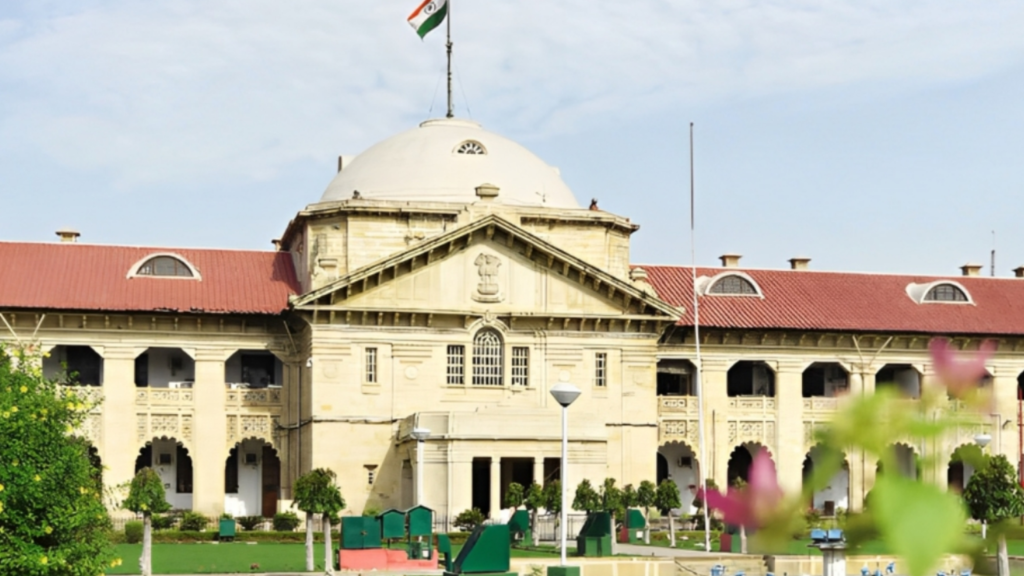
Madras High Court Rules Grave Sexual Harassment as Continuing Offence Beyond Statutory Limitation
Last Updated on June 15, 2024 by News Desk
Issue
The Madras High Court recently addressed whether an isolated offence of grave sexual harassment should be considered a continuing offence and thus not be barred by the six-month limitation period mandated by Section 9 of the Sexual Harassment of Women at Workplace (Prevention, Prohibition and Redressal) Act (PoSH Act).
Rule
Section 9 of the PoSH Act stipulates that a complaint must be filed within three to six months of the incident. However, Justice D Bharatha Chakravarthy highlighted that in cases of grave offences causing constant trauma and fear, the offence must be treated as continuing, allowing for an extended period for complaints.
Application
The case involved a petition by R Mohanakrishnan, challenging an enquiry report by the Internal Complaints Committee (ICC) regarding a rape complaint filed by a female colleague. The petitioner contended that the incident occurred in April 2018, but the formal complaint was lodged much later and forwarded to the employer in December 2022, violating the limitation period.
The State government opposed the petition, arguing that the complainant had been traumatized and required extensive counseling before lodging the complaint. The Court noted that the complainant faced secondary victimization and lived in fear due to the complaint being leaked online.
Justice Chakravarthy emphasized that in cases of serious allegations like rape, the offence should be considered ongoing, with each day of trauma constituting a fresh cause of action until the issue is addressed. Thus, the Court rejected the petitioner’s argument that the complaint was invalid due to the time lapse since the incident.
Conclusion
The High Court refused to quash the ICC enquiry report, noting that the statutory limitation should not bar complaints in cases of grave offences causing ongoing trauma. The Court directed that the ICC be reconstituted to address the petitioner’s grievances regarding cross-examination of witnesses. The decision underscored the need to consider the ongoing impact on victims when applying limitation periods for sexual harassment complaints.
Written by — Athi Venkatesh




